Navigating the path of dementia and Alzheimer's is a journey laden with challenges and uncertainties, both for the individuals facing the diagnosis and their loved ones. As memories fade and once familiar faces blur into confusion, those with dementia often grapple with an escalating need for emotional support and understanding. The disease can alter not just memory but also the ability to connect, express, and interact, leaving a void that can be hard to fill.
Embracing Comfort for Dementia Patients Through Stuffed Animals
In these turbulent times, the smallest comforts can make the most profound difference, providing a semblance of calm amid the storm. And what could be more comforting than the soft, warm embrace of a cherished pet? Enter the realm of realistic stuffed animals for dementia patients. Though these custom plush animals are known to help with separation anxiety in dogs, their therapeutic power doesn’t stop there. These aren't just your ordinary toys, but companions that offer a unique form of solace and connection, bringing joy, comfort, and a touch of familiarity to those wrestling with the disorientation and anxiety that dementia can bring.
Doll and Plush Therapy: A Compassionate Approach for Dementia Patients
When introducing the concept of doll and pet therapy to a loved one grappling with dementia, it is essential to tread carefully. These stuffed animals for dementia patients could be seen as either a cherished gift from yesteryears, sparking joy and nurturing instincts, or an unwarranted responsibility. The key lies in a mindful, controlled introduction, allowing the therapy to unfold organically in a safe, structured atmosphere, thereby injecting an element of stability into the patient's life.
The power of doll and pet therapy is manifold. Beyond the obvious tactile comfort that a stuffed animal brings, there are significant emotional and cognitive benefits at play. Non-verbal individuals, for instance, might find their voice again, stirred by the simple, instinctive act of holding, caressing, or speaking to their beloved animal.
These realistic stuffed animals also offer a wonderful avenue for caregivers to engage with the patient. Activities such as washing, petting, brushing, or simply looking after the stuffed animal can stimulate conversation, memory, and emotional bonding. It's not just about having a stuffed animal for dementia patients; it's about creating an environment of interaction and emotional well-being.
The therapy doesn't stop at engagement. These realistic stuffed animals serve as comforting companions, providing a sense of security and familiarity that can soothe a dementia patient's distress. More than just passive recipients of care, patients become active participants in their own healthcare, taking responsibility for their stuffed pets in a way that fosters autonomy and self-esteem.
The Science Behind the Comfort: Research on Stuffed Animals for Dementia Patients
As we explore the beneficial impact of realistic stuffed animals for dementia patients, we must delve into the science and research underpinning this approach. Indeed, the comforting and positive effect of these plush companions isn't merely anecdotal; several studies lend substantial credence to their efficacy in dementia care.
In the world of geriatric psychiatry, it's widely recognized that as Alzheimer's and other forms of dementia progress, the affected individuals' emotional needs intensify. Feelings of anxiety, loneliness, and confusion often escalate, and it becomes crucial to address these emotional challenges to ensure the individual's overall well-being.
Research has shed light on the comforting role that dolls and stuffed animals can play for dementia patients. For instance, a study published in the "Journal of Geriatric Psychiatry and Neurology" found that Alzheimer's patients who interacted with dolls demonstrated more positive behaviors and emotions, with less agitation and aggression. Similarly, various other studies have highlighted the potential of doll therapy to reduce restlessness, improve communication, and provide a sense of purpose for individuals with dementia.
When we consider custom plush animals or pet replicas like those created by Cuddle Clones, the benefits extend even further. In addition to providing emotional comfort, these stuffed animals can trigger memories and emotions tied to the person's pet, thereby facilitating cognitive stimulation and recollection.
Moreover, the interaction required to care for these plush companions - such as petting, brushing, or even 'feeding' - can help promote motor skills and routine-oriented behavior, which are often compromised in dementia patients. By simulating the presence of a real pet without the responsibilities and complexities of real pet care, these stuffed animals offer a viable therapeutic option for dementia care.
While research in this field continues to evolve, the preliminary findings underline the potential of realistic stuffed animals as an effective, non-pharmacological intervention for enhancing the quality of life and emotional well-being of dementia patients. As we continue to strive for compassionate and personalized dementia care, these lifelike plush companions represent a beacon of hope, comfort, and connection.
Cuddle Clones: A Comforting Connection for Dementia Patients
Navigating the world of dementia can be challenging, both for those who live with the condition and their loved ones. Our Cuddle Clones are not your typical stuffed animals. Instead, they are meticulously crafted, lifelike plush versions of a loved one's pet. By reflecting the specific features of a cherished pet, from breed and size to distinctive markings, a Cuddle Clone can provide a fundamental connection.
The benefit of such personalized familiarity can be particularly valuable for individuals living with dementia. Having a tangible, soft, and safe representation of a beloved pet provides not only comfort but also a sense of connection. It can stimulate memories, encourage interaction, and bring about smiles, serving as a unique touchpoint of familiarity in their changing world.
Research has shown the therapeutic potential of realistic stuffed animals for dementia patients. They can help stimulate cognitive function, provide a sense of purpose, and enhance communication. By designing our Cuddle Clones to resemble a past or present pet, we aim to amplify these benefits, offering a comforting and reassuring presence in the lives of those touched by dementia.
Navigating the Journey with Compassion and Care
The journey of dementia can be a challenging path,filled with days of uncertainty, frustration, and often, heartbreak. Yet, amidst these trials, there are also moments of clarity, connection, and love that shine through, reminding us of the enduring spirit within our loved ones.
Caring for a person with dementia requires immense patience, understanding, and an unyielding reservoir of compassion. Each day, you show up for them, doing your utmost to navigate the changing landscapes of their mind. In these moments, the smallest sources of comfort, the simplest sparks of recognition, can hold profound meaning. They serve as reminders of shared bonds, of cherished memories.
Remember, every moment of connection, every moment of recognition, is a testament to the love you're providing. In these moments, the essence of who they are shines through, undimmed by the shadows of dementia. It is your love, your compassion, and your unwavering commitment that truly makes the difference in their lives. Thank you for all that you do, and know that you are not alone in this journey.

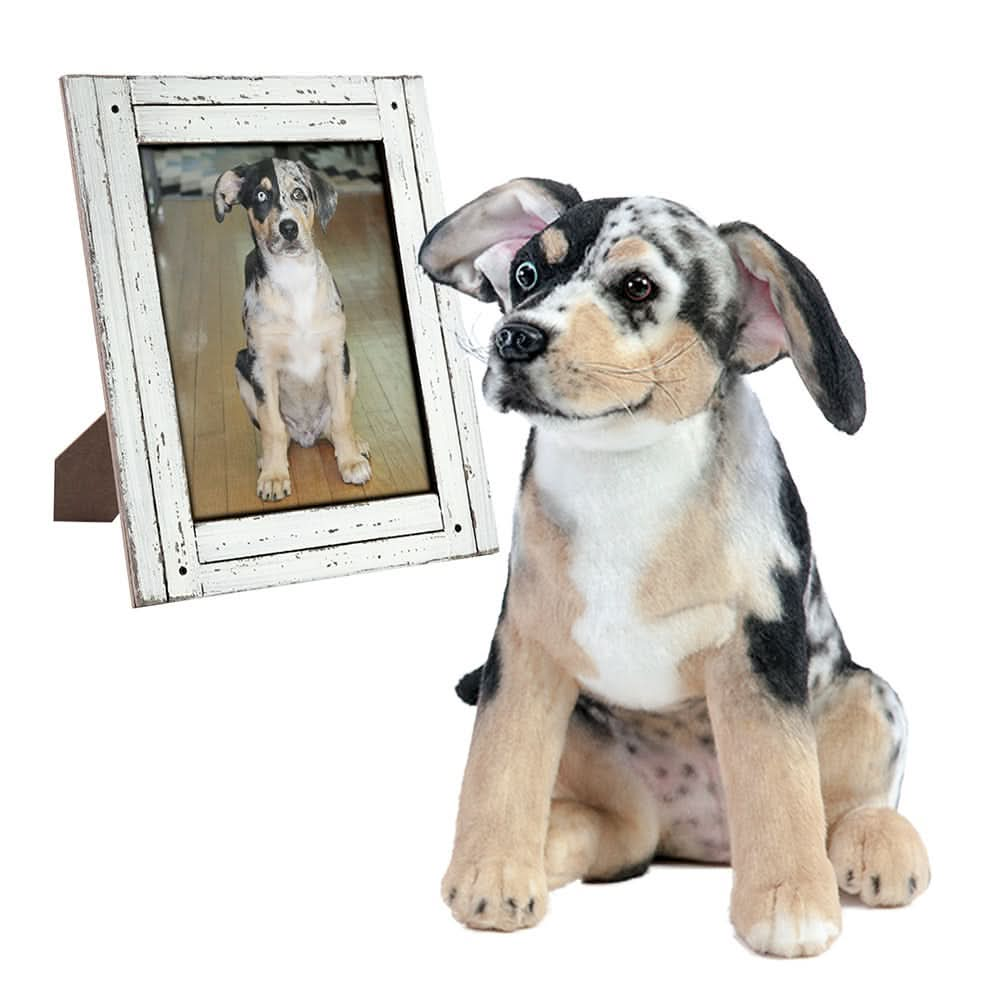

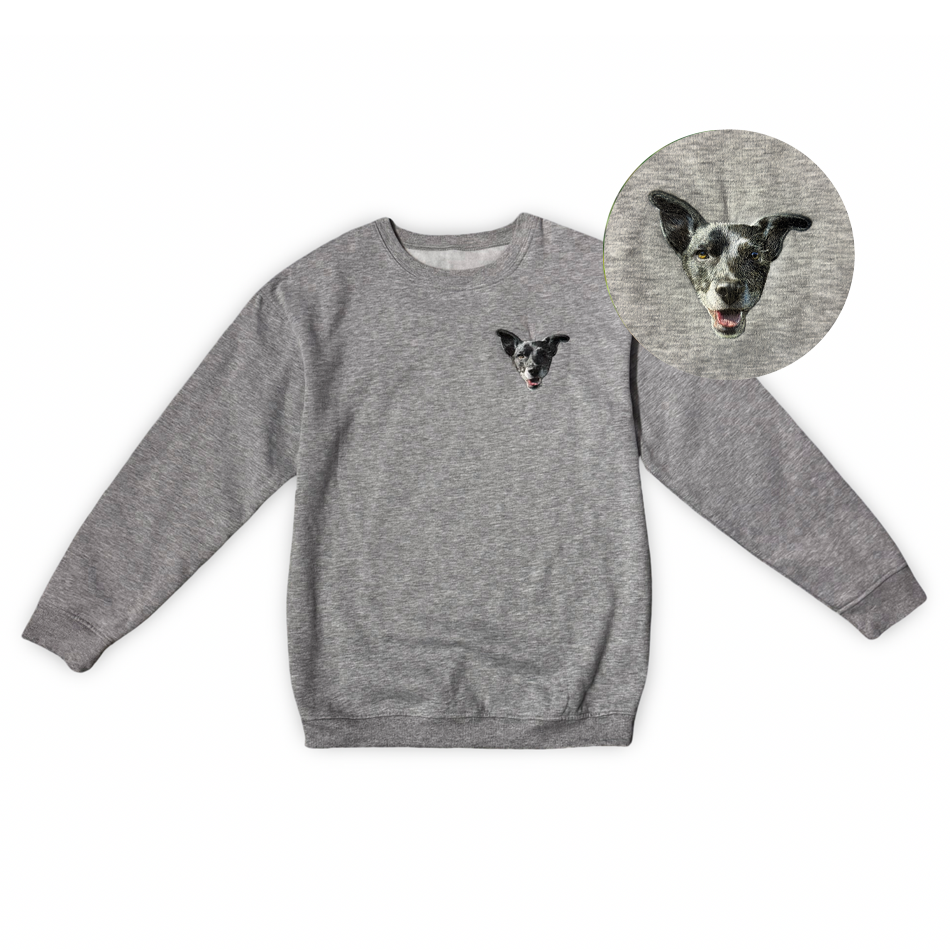
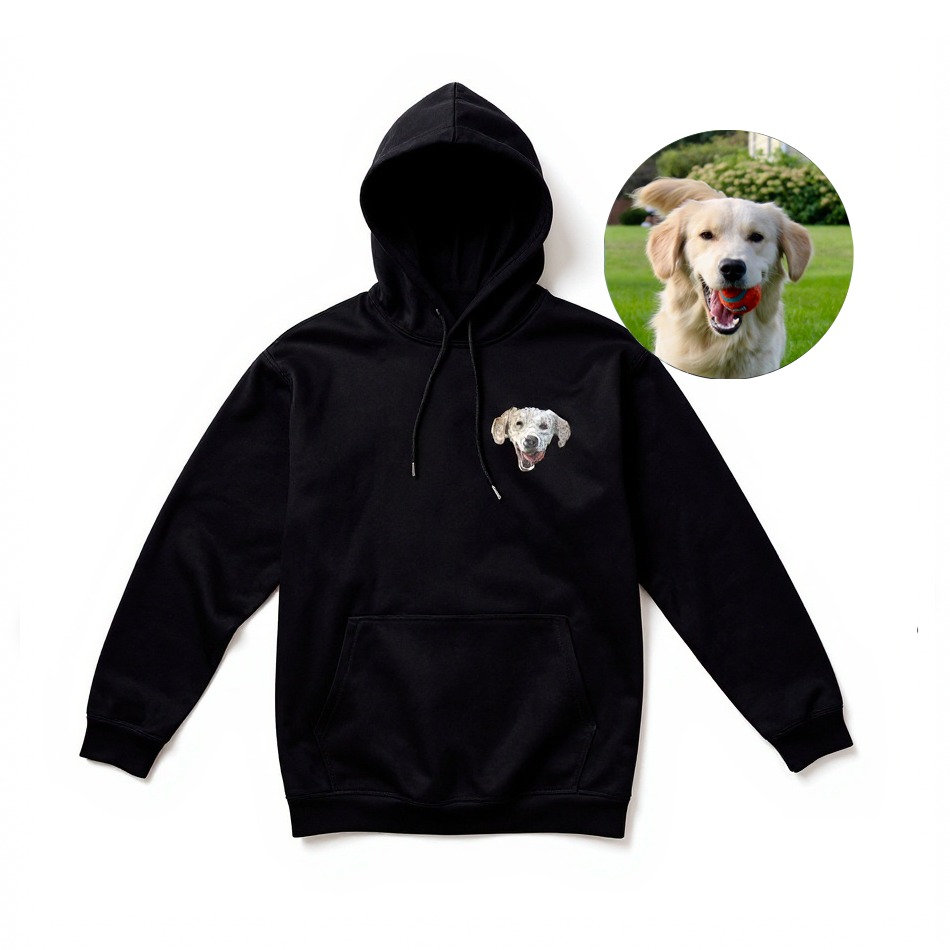
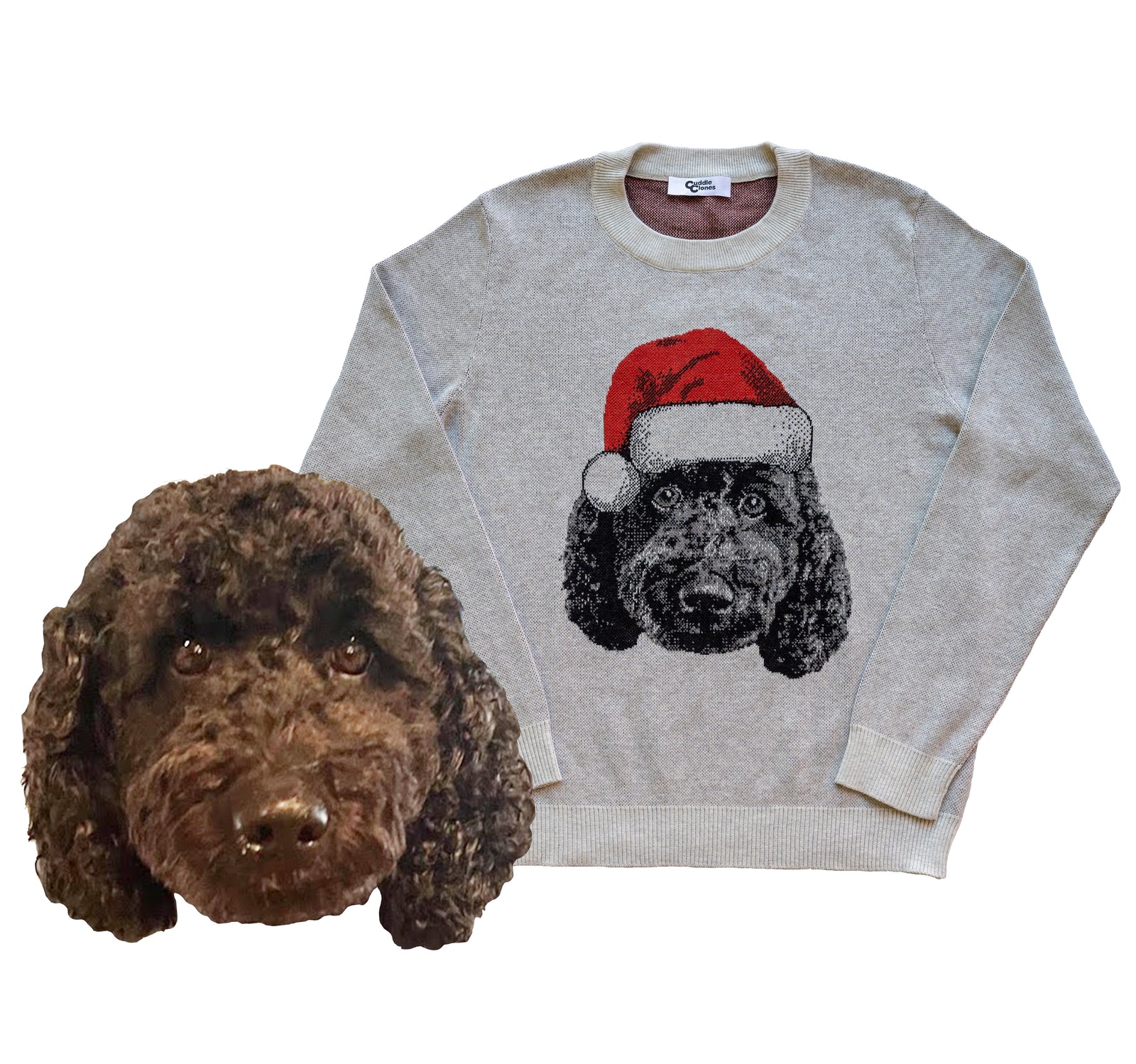

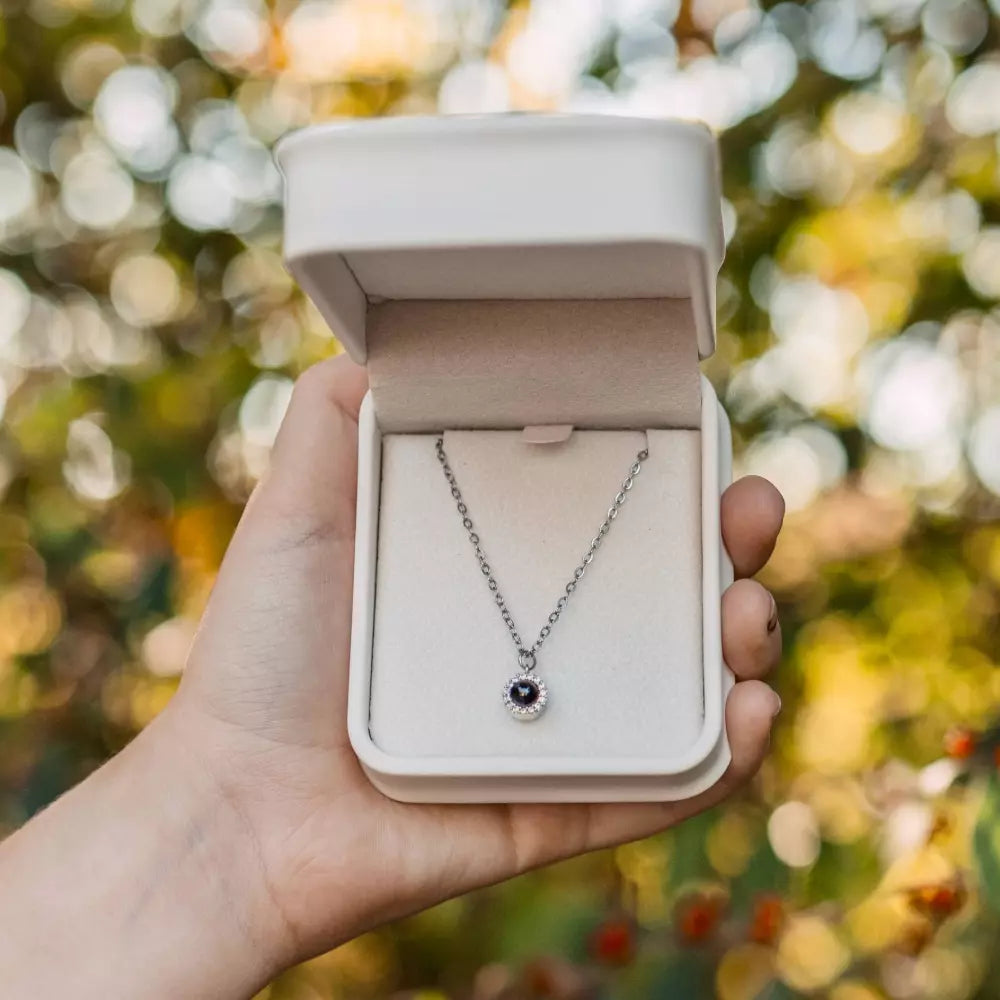
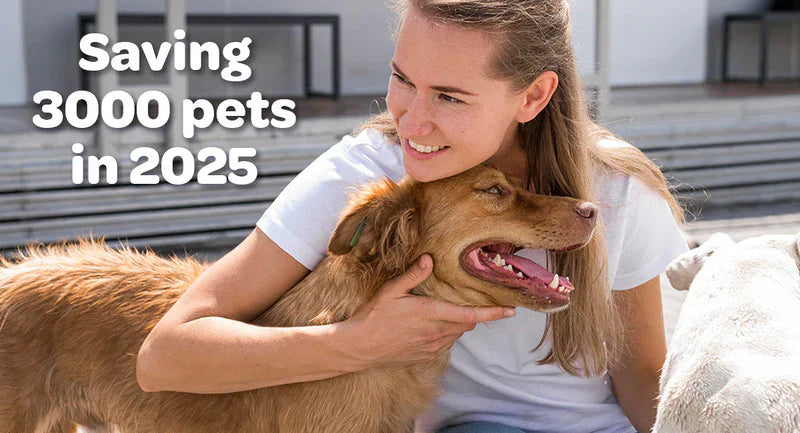
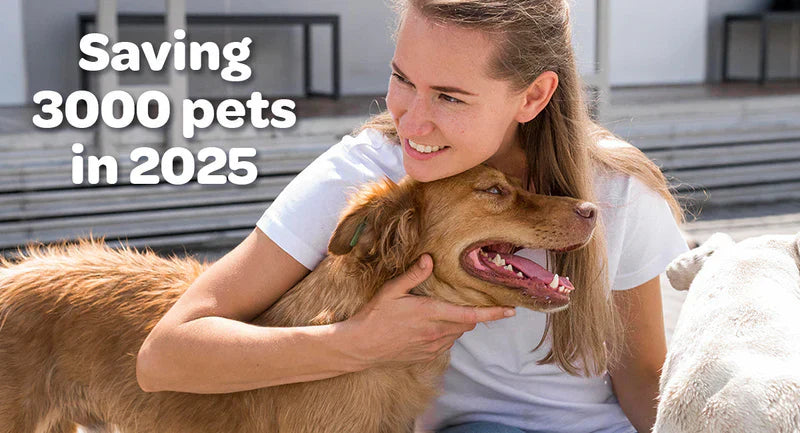
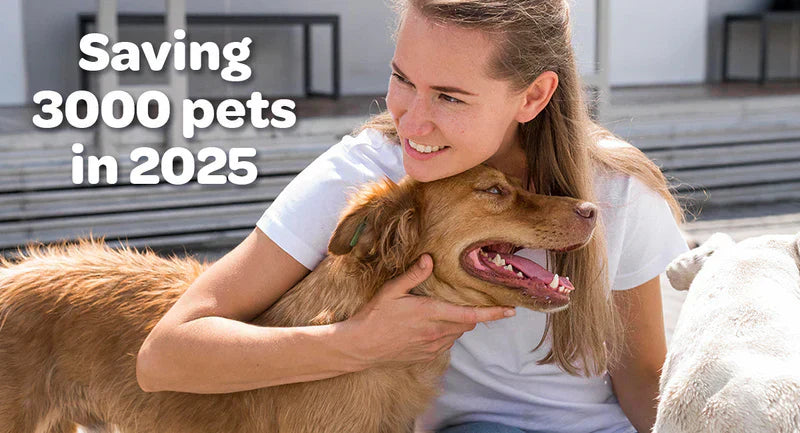
Laisser un commentaire